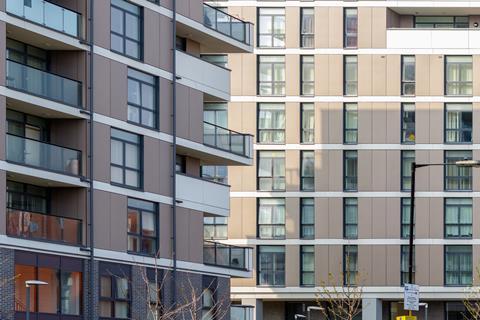Focus on firms' abilities follow series of recommendations made following 2017 Grenfell fire
Trade bodies will be looking to crack down on the competency of their members in the coming months, with the boss of one organisation saying he is prepared to give companies the boot if they were not up to the appropriate standard.
The news comes as the Competence Steering Group (CSG), which was set up following the 2017 Grenfell tragedy to improve standards in the built environment, prepares to publish its final report, Setting the Bar, later today.
Speaking as part of the third webinar in Building's risk and regulation series, the chief executive of the Building Services Engineering Association (BESA) David Frise said his organisation wanted to ensure that all its members were competent.

He said: "Ultimately we will have to throw them [members] out if they can't meet the standard. That is something we will do but we are going to try really hard to take them with us."
Frise said his organisation has already cracked down on those looking to join, having introduced stringent new conditions before allowing membership.
He said: "We've changed our technical competence standard for membership. If you want to join BESA you can't just pay your money and sign up, you have technical competence standard.
"This assesses your commercial viability and your competence operationally, but also your technical standards."
> Opinion: How competent are you?
Speaking as part of the same webinar Richard Harral, technical author of the BSI's Overarching Competence Framework Standard, revealed the British Standards for duty holders are expected to be ready by March 2022, with documents starting to take shape in the next 12 to 18 months.
The CSG published its interim report, Raising the Bar, in August last year and its final report will set out a blueprint to improve competence of those working on higher-risk buildings and drive culture change within the industry.
The proposed system of competence set out in the report is made up of four key elements and includes a new competence committee sitting within the Building Safety Regulator and a national suite of competence standards – including new sector-specific frameworks.
Under new legislation being introduced in the draft Building Safety Bill, published in July, those deemed responsible in law for the safety of higher-risk buildings, such as a landlord, will be required to appoint a building safety manager. The role was recommended by Dame Judith Hackitt in her 2018 report following the Grenfell fire.



























No comments yet